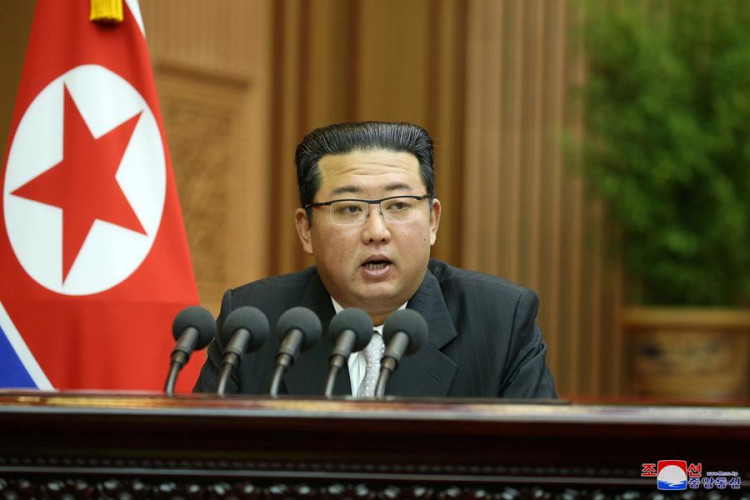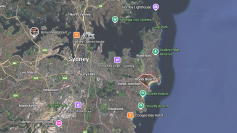North Korea has issued a stark warning to South Korea, accusing its southern neighbor of flying drones over Pyongyang to distribute anti-North Korean propaganda leaflets. In a heated statement released on Friday, North Korea's Foreign Ministry declared that if such actions continue, it will respond with "all means of attack" without hesitation. The accusations have further escalated the already high tensions between the two Koreas, raising concerns of a potential military clash in the region.
According to the North Korean government, South Korean drones were detected over Pyongyang on October 3 and again on Wednesday and Thursday of this week. The ministry accused South Korea of violating its "sacred" sovereignty, calling the alleged drone flights a direct threat to its national security. "The safety lock on our trigger has now been released," the ministry warned. "We will be prepared for everything and will be watching. The criminals should no longer gamble with the lives of their citizens."
While South Korea's government and military have yet to directly respond to the allegations, the South's Joint Chiefs of Staff issued a cautious statement denying confirmation of North Korea's claims. "We cannot confirm the truth of North Korea's allegations," the Joint Chiefs said, adding that "all responsibility for the recent series of events lies with North Korea, which is carrying out despicable, low-level, and internationally shameful provocations."
This exchange of accusations comes at a time of heightened military activity and rhetorical exchanges between the two Koreas. North Korean leader Kim Jong Un has significantly ramped up weapons tests and nuclear threats, prompting South Korea to strengthen its military ties with the United States. Joint military exercises have been intensified, and trilateral cooperation with Japan has expanded, reflecting a unified stance against the perceived North Korean threats.
North Korea's rhetoric did not explicitly mention its nuclear capabilities this time, but the regime has previously hinted at the potential use of atomic weapons if it feels its survival is at risk. This veiled threat underscores the precarious nature of the situation, as Pyongyang continues to bolster its military readiness. On Wednesday, North Korea announced plans to permanently seal its border with South Korea and construct new front-line defense structures to counter what it called the "confrontational hysteria" of South Korean and U.S. forces.
As part of its defense strategy, North Korea said it would "completely cut off roads and railways" linked to South Korea and fortify the areas with strong defense structures. The North's military described these actions as "self-defensive measures for inhibiting war and defending the security" of the country. Pyongyang accused its rivals of becoming "ever more reckless in their confrontational hysteria," pointing to the ongoing military exercises and the deployment of U.S. strategic assets in the region.
South Korea has responded to these provocations not only with military preparedness but also with psychological tactics. Using border loudspeakers, South Korea has resumed broadcasting propaganda and K-pop music into North Korean territory. These broadcasts are seen as a counter to North Korea's recent campaign of sending balloons filled with trash and leaflets into South Korea, a bizarre psychological warfare tactic that has further soured relations between the two nations.
The animosity between the Koreas has also been fueled by Kim Jong Un's continued weapons development and North Korea's ongoing threats against both South Korea and the United States. In recent months, North Korea has launched a series of missile tests, demonstrating its growing arsenal capabilities. This aggressive stance has pushed South Korea to ramp up its military readiness and deepen its alliance with the U.S., while also exploring new defense collaborations with Japan.
Analysts suggest that North Korea's latest moves, including the construction of new defense structures along the border, indicate a strategy of tightening control over its territory while projecting strength in the face of international pressure. By permanently sealing its borders and severing connections with South Korea, Pyongyang appears to be signaling its intent to escalate the conflict if provoked further.
The situation remains volatile, with both Koreas exchanging warnings and accusations. South Korea's Joint Chiefs of Staff reiterated their stance, urging North Korea to "exercise restraint and not act recklessly." They warned, "If the safety of our citizens is threatened in any way, our military will respond with stern and thorough retaliation."






